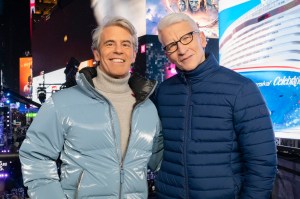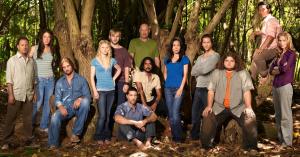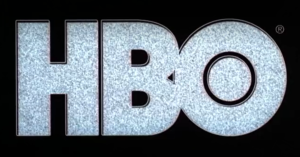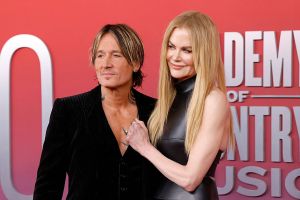One of the world’s finest actresses doesn’t plan to return to the screen anytime soon.
In a rare interview sporting her first public comments in years, Maggie Cheung talked to Sight & Sound Magazine about the 25th anniversary of the classic 2000 romance film In The Mood For Love.
Videos by PopCulture.com
The film is widely recognized as one of the greatest movies ever made—in Sight & Sound‘s own 100 Greatest Films of All Time poll, which is updated every 10 years and was last updated in 2022, In The Mood For Love placed at #5.
The new print magazine article, which details the production of “the most swooningly gorgeous, chastely erotic film in cinema history,” features comments from director Wong Kar-wai, editor William Chang, cinematographer Christopher Doyle, and star Maggie Cheung.
Cheung is most famous for her roles in Police Story, Center Stage, Irma Vep, and The Heroic Trio. In 2013, Cheung retired from acting entirely and has since kept a very low profile.
In the article, details of the film’s origins (it “started over breakfast in Paris,” the director said) and shooting process (which took 15 months and started in Hong Kong before going to Thailand, then Cambodia) are scattered throughout. Near the end of the piece, when discussing the film’s legacy, Maggie Cheung shared her recent experience watching In The Mood For Love for the first time in years, and confirmed she’s still retired.
“A few years ago, a new 4K version was released in Hong Kong cinemas, and I went with a bunch of friends just for fun. Before that, I hadn’t seen the film again for many years, as I didn’t want to watch it on TV or on the computer,” Cheung said. “I feel very honoured and truly thankful that I was once an actress in this lifetime!”
Director Wong Kar-wai said the film was “one of the most difficult productions he’d ever done,” but looking back, he remembers the small moments of the production more than anything else, saying “Time has a way of softening the edges of memory.”
“Perhaps [it endures] because the film isn’t really about 1960s Hong Kong, but about something more fundamental—how we connect with each other, how we navigate desire and restraint, how we construct narratives to make sense of our lives. These are questions that don’t date, that every generation has to answer for itself.”








